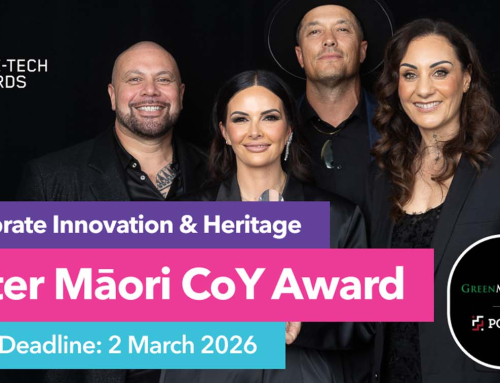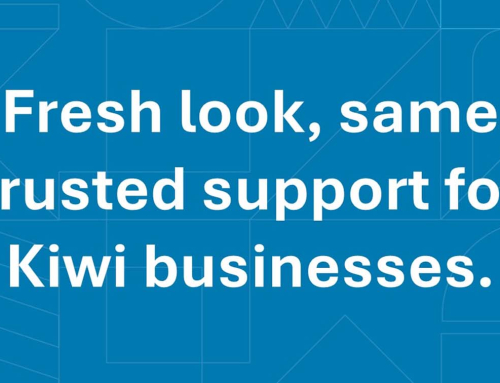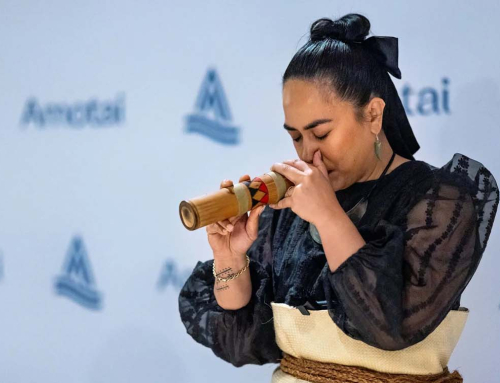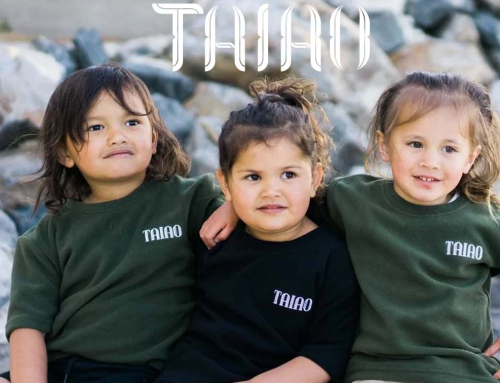A Māori business collective will work with scientists to develop a diabetic friendly snack food for New Zealand and export to China.
Nuku ki te Puku is a group of Māori owned food and beverage businesses that will team with the High Value Nutrition National Science Challenge.
The $1 million project will look at how Māori businesses can work together with researchers to develop food for health products for both the domestic and export markets.
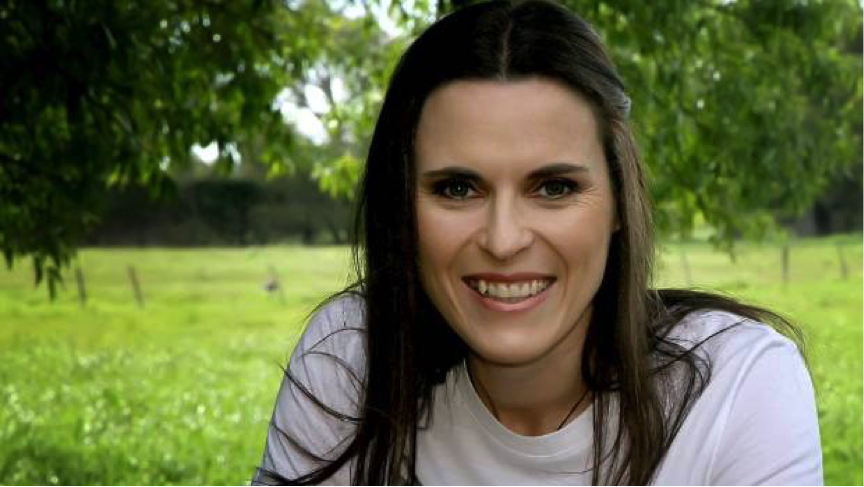
Project lead, Dr Meika Foster (Taranaki, Ngati Mutunga, Ngati Tama)
The first prototype food to be created from the project will be a new plant-based product that meets nutrient content regulations within New Zealand and China.
It will provide for higher protein, lower carbohydrate and lower glycaemic index snack foods.
Meika Foster who founded food and nutrional science research company Edible Research is the project lead.
“The project provides a key opportunity for building the capability of Māori business to support economic growth through science excellence,” Dr Foster said.
The ingredients of the product will be grown and produced in New Zealand and selected based on in-depth research to identify their positive effects on known and new markers of Type 2 diabetes risk in clinical trials to be carried out in Auckland.
High Value Science would lead the science of the product and clinical trials, Dr Foster said.
“The success of the programme over the long term will be measured by whether it promotes gains both for Māori and NZ in economic growth, social well being, environmental sustainability and cultural integrity.”
Nuku ki te Puku spokesperson Wayne Mulligan said the creation of the product could provide opportunities for regional development and growth of Māori businesses internationally.
“It’s important for us as Māori that we become high value natives – we create high value nutrition that can go across the globe.”
The organisation will also set up Nuku Ora which will invest funds into Māori education in science and technology.
Mr Mulligan said 14 Māori businesses across the country are involved in the project.
“All those groups are committed to this project of healthy value and creating an education programme that will drive new opportunities.”
High Value Nutrition National Science Challenge director Joanne Todd said the partnership was of mutual benefit.
“It is an opportunity to gain insight into mātauranga, the Māori worldview, and learn from Māori businesses who already have a presence in the key markets the challenge is focusing on.”


